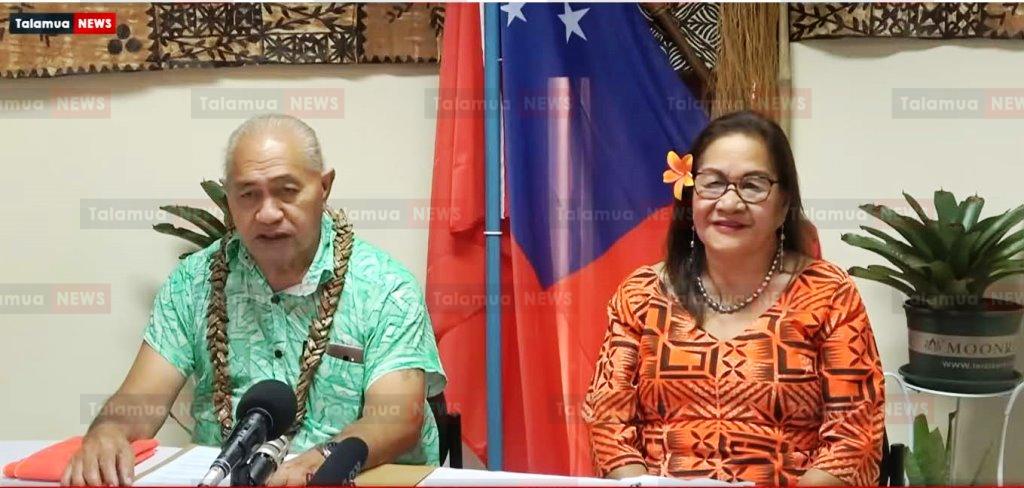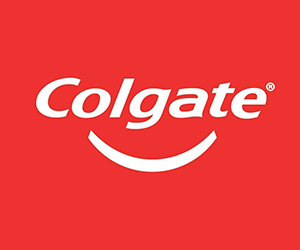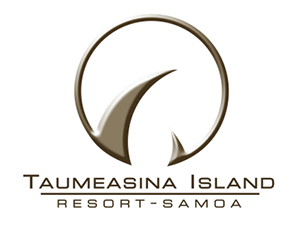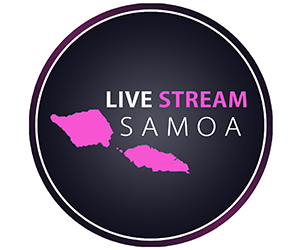Education
Education Minister & Regulator dispel misinformation on School Satellite WIFI technology

By Talaia Mika
APIA, SAMOA – 13 JULY 2022: The Minister of Education, Seuula Ioane and the Regulator, Lematua Gisa Fuatai Purcell have dispelled the Opposition Leaders claims that satellite technology is out-dated and caused parent’s to panic by claiming the children will be exposed to unfiltered content.
In a press conference yesterday, the Minister assured parents that the Ministry is not insensitive to their concerns following Tuilaepa’s claim in a press statement last week.
Regulator Lematua clarified that satellite technology currently being rolled out to provide internet connectivity to schools under a government $2million funded project will provide programmes that will be filtered to prevent children’s exposure to inappropriate content.
“The Ministry of Education has provided a list of words and programmes and URLs which a student cannot search on the internet as these as well as images have been filtered out so students cannot access on the internet,” she said.
Failed SchoolNet Project
The free WIFI School connectivity project was devised by the FAST Party ahead of last year’s general elections. The project was a response to the lack of connectivity in Savaii schools and the impact of the Measles epidemic isolation and lockdowns on physical classroom learning.
It also followed major criticisms of the multimillion dollar Samoa National Broadband Highway (SNBH) which was to deliver the SchoolNet Project, to provide connectivity for schools around the country.

The satellite dish under the new project next to an antennae installed under the SchoolNet project.
Despite reports of the SchoolNet project’s failure, the previous HRPP government covered up the projects shortfalls despite the huge cost of SNBH that was also set up to connect all government ministries online and help push education and health through the internet.
At the end of 2020, the FAST Party provided its free WIFI project in partnership with Bluewave Wireless. It was a response to the lack of connectivity in Savaii schools and the impact of the Measles epidemic isolation and lockdowns on physical classroom learning.
“The project quickly proved that the SchoolNet had not worked in most of the schools. But at a sensitive time leading up to the general election, especially in making the government looking bad, the caretaker government moved quickly to quash the project.”Now with the FAST government in place, the contract was given to BlueWave Wireless to continue the project and especially that their dishes and equipment were already installed, first on the schools and later on church minister’s residences when the caretaker government stopped the project last year.
Lematua Gisa Purcell with her background and experience in telecommunications was appointed The Regulator last year, after working for the International Telecommunications Union (ITU).
She told the media in the press conference yesterday that the ITU objectives are to ensure connectivity as a means to push member countries overall development. She stated that despite having submarine cables, landlines, national networks and mobile phone connectivity, there is still room for satellite technology.

A satellite dish under the new project next to an old installation under the SchoolNet project.
Satellites for Internet access in Blind spot areas
“Overall, we have about 98% coverage,” said Lematua. “But although we have cables, there are blind spots in various parts of the country that does not have internet connectivity unless they use satellites.”
She called the claims that satellite technology is out dated as misinformed and unfounded. “We’re not building a huge satellite infrastructure but we’re using satellites as an intervention in order to connect schools to the internet.”
The Regulator added that prior to the installation of satellites in schools, they made and inspection of the schools in Savaii and found that none of the schools had internet connectivity under the SchoolNet program under previous government.
“The Minister of Education, Seuula Ioane also pointed out that the recent experience of Tonga where its submarine cable was severed by a volcanic eruption had to rely on satellite technology that quickly restored connections with the outside world.”“The concern by the Opposition that satellites are out-dated is wrong as we need submarine cables, landlines, satellite connections all complementing each other to provide maximum connectivity for our people,” the Minister said.
Close to 200 schools will be connected through satellite under the project.
The project is implemented in several phases to ensure it works and that the content is filtered to protect the students and young users.
Phase 1: Testing and Installation of satellites
Phase 2: Connecting satellites to school devices
Phase 3: Training teachers on how to use satellites and devices/supervise students
It’s the ISPs to filter content
The Regulator also clarified, that the satellite is not a filter, nor are cables and towers. “Satellite technology is only used as a medium to power the internet,” said Lematua.
She also dispels the misconception that as if the satellite based project will open undesired content for students.
“We have already had court cases of young people watching (such content) using their own data,” she explained. “It’s not as if these are waiting for the satellite WIFI project to open them up.”
She argued however that these negative issues should not deprive young people’s access to the internet and mobile phones and she urged parents to supervise their children so to get the best out of technology through proper use.
She insists that it is the job of the ISPs to filter content from the platforms that they provide for their customers.
She also explained that the Government is working on a major project funded by New Zealand to filter content intended for Samoan students and young users.





















